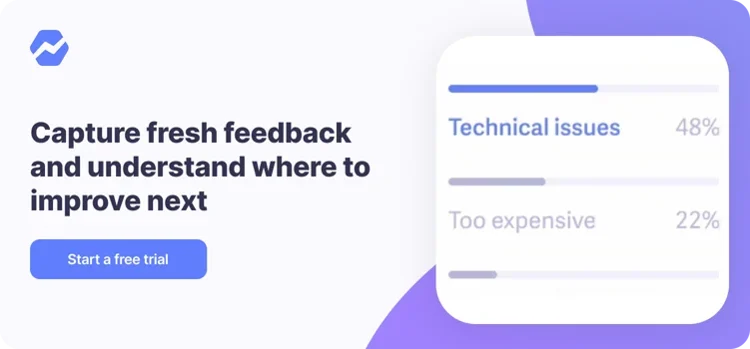Table of Contents
More Founders Journey Articles

It’s a sales trope as old as time.
Buy this new car for the low price of $10,000, what a bargain!
You are going to want to get the tinted window add on though they say it’s going to be a hot summer this year. Obviously you will need the bundled insurance and extended warranty to protect your investment so we will throw that in there as well. Have I shown you the new bluetooth integration? It’s usually only useful for people with mobile phones. You have a mobile phone!? Oh well you definitely need it!
By the way we have added the heated seats at your request but there will be a monthly subscription fee to make them actually work.
OK so all up your repayments will be $6,000 a month as well as the monthly payment fee and additional interest. There is also an annual transaction fee to cover financing costs.
I can’t believe you were able to get a new car for only $10,000!!
Payment platforms have become the modern day dealerships and credit cards are the new cars for B2B transactions.
In the early days, credit cards were an easy way to pay multiple vendors with a single card and avoid the need to carry large amounts of cash. A physical card was generally required for the purchase and served as a good fraud prevention measure.
But with credit came fees: membership, cash advance, overdue payment, exorbitant interest on outstanding balances and ultimately transaction fees.
So when did credit cards, once a consumer product, become the tool of choice for B2B transactions? And when did entrepreneurs become comfortable giving away a huge chunk of their profitability away to transaction fees?
Fees Fees Fees
Companies these days, from e-commerce to SaaS, find themselves absorbing these fees as an acceptable portion of their COGS as part of growing revenue.
For companies that are not hitting their growth goals and indeed those that are a few % from profitability, it seems ludicrous to continue to absorb these inflated costs when there are simply better solutions out there.
An article published in 2020 by the Wall Street Journal harks the emergence of this largely hidden interchange economy that has slowly crept into all aspects of retail.
In one example highlighted in the article, a brick and mortar coffee and record shop spent more on card processing fees than it did on actual coffee beans. Moving this example to a SaaS or ecommerce company, one payment transaction fee is then inflated by:
-
an additional invoicing fee
-
a billing fee to cover recurring payments, and
-
a fee to protect the payment
Then, if god forbid a chargeback was to occur, those fees would not be refunded and you would lose the contested amount anyway.
This model is not just tied to credit card transactions, as the above mentioned fees ensure you are being charged for the movement of money regardless of transaction type.
For just one sale, multiple fees gnaw away at your already slim margin. How and why are entrepreneurs comfortable with this?
The Future of B2B Transactions
So, what is the answer? In a recent address, Vice Chair of the Federal Reserve Lael Brainard, indicated the shift to real-time payments is “inevitable”.
The US Federal Government is slowly rolling out an instant payment platform called FedNow that will enable financial institutions to facilitate end-to-end payments to their customers but this has been met with some trepidation mainly revolving around how long it is taking to implement it.
The thing is, you don’t have to wait for FedNow to roll out to start reducing transaction fees. There are options available now that can facilitate near real-time payments with nowhere near the inflated cost of current payment platforms.
Fintech companies like Mercury are building tools that streamline payments through automations and integrations. The new wave of financial products that embrace APIs, integrations and recognise the needs of startups will forge the path towards more transparent and relevant transaction costs.
Similar to Mercury, Baremetrics looks to grow alongside founders and help them make more every step of the way. Baremetrics offers insights on everything from revenue to expense forecasting and helps founders recover thousands of dollars in failed charges.
Baremetrics recognises that startups and growth-stage companies are often operating on razor thin margins, and that even small improvements to COGS can have an outweighed effect on the long term success of the business.
Identifying and eliminating bloated transaction fees is just one way Baremetrics can help founders achieve their purpose, so grab some time with us today and stop throwing good money after bad on failed charges and unnecessary fees.



